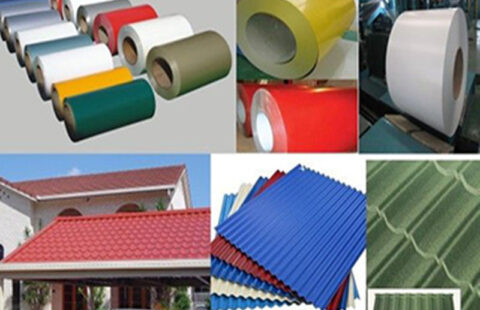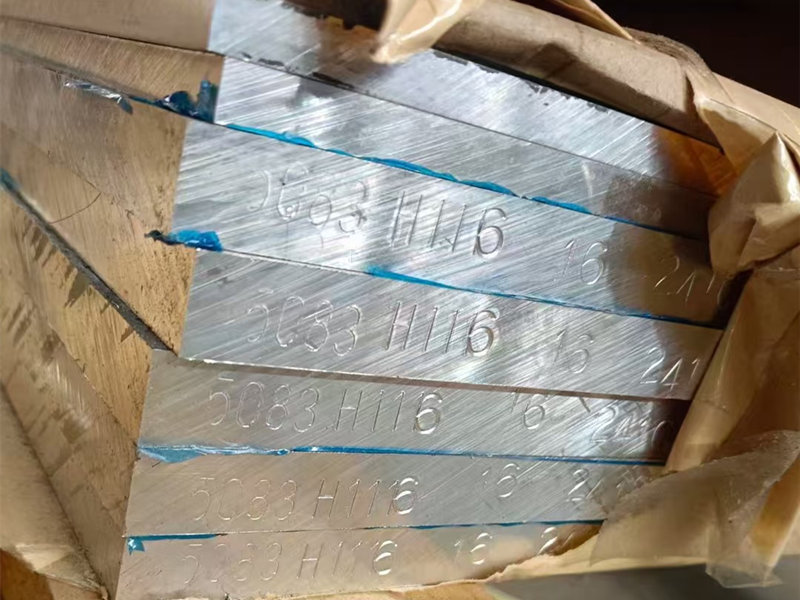
Types of 5083 Aluminum Plate
5083 aluminum plate is highly valued for its strength, corrosion resistance, and excellent performance in extreme environments. As a marine-grade aluminum alloy, it’s especially popular in the shipbuilding, transportation, and automotive industries, but it also finds use in other applications where durability and performance are essential.
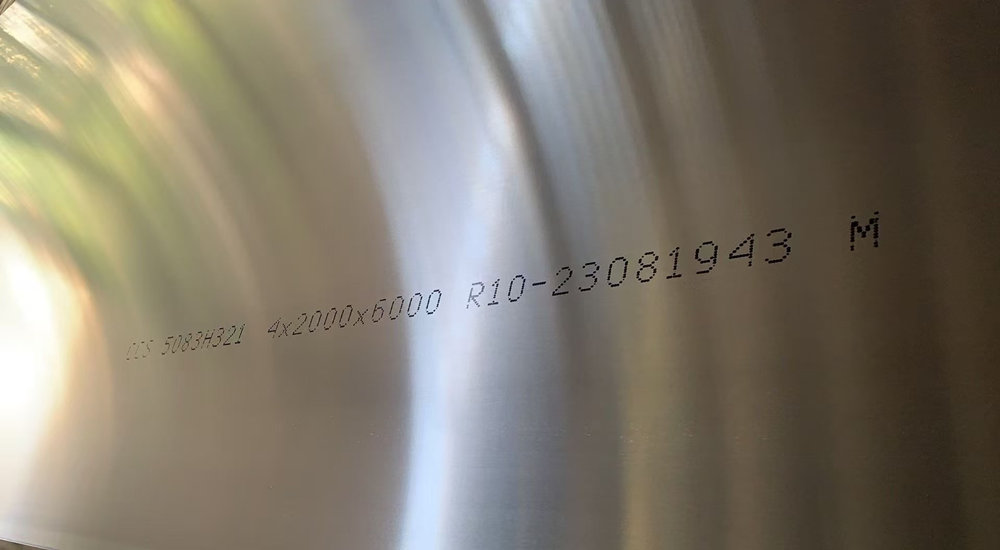
Key Characteristics of 5083 Aluminum Plate
- High Strength: 5083 aluminum has high tensile strength, making it ideal for heavy-duty applications.
- Corrosion Resistance: This alloy offers excellent resistance to seawater and industrial chemicals, which is why it’s widely used in marine environments.
- Weldability: 5083 aluminum plate can be welded easily, making it suitable for complex constructions and assemblies.
- Lightweight: Despite its strength, 5083 is lightweight compared to steel, which is beneficial in applications requiring weight efficiency.

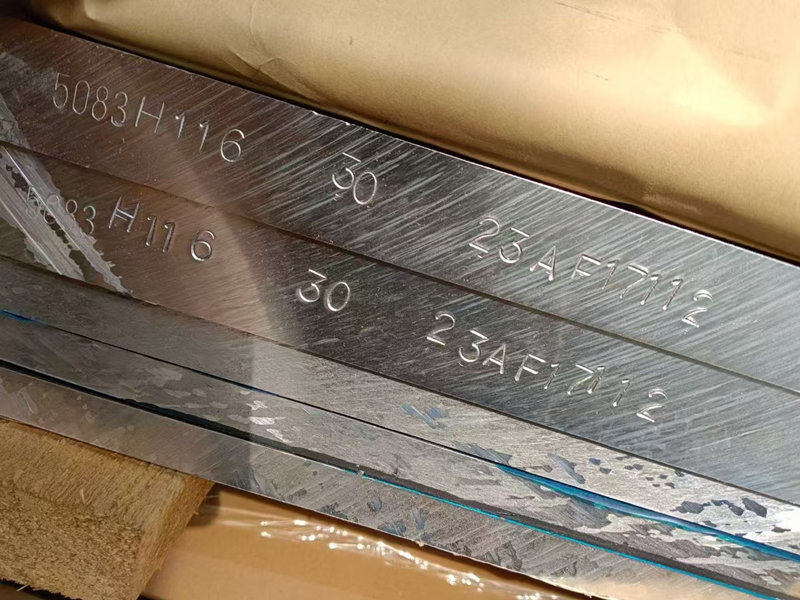
Types of 5083 Aluminum Plates
- Standard 5083 Aluminum Plate
- The standard 5083 plate is a versatile option suitable for general applications. It is available in various thicknesses and sizes and offers excellent durability for structures and equipment.
- Common Uses: Boat hulls, truck bodies, pressure vessels, and more.
- 5083 H116 Aluminum Plate
- The H116 temper indicates the plate has been strain-hardened and stabilized, providing additional resistance to corrosion and better performance in marine applications.
- Common Uses: Used for shipbuilding, hulls, and other marine equipment that are constantly exposed to seawater.
- 5083 H321 Aluminum Plate
- The H321 temper is designed for applications requiring high strength and stability over time. It has excellent performance under stress and is ideal for prolonged exposure to seawater.
- Common Uses: Marine and offshore constructions, such as docks, hulls, and decks.
- 5083 Anodized Aluminum Plate
- Anodized 5083 aluminum plates have an extra layer of protection against corrosion and wear. Anodizing enhances the durability of the metal, making it highly resistant to environmental factors.
- Common Uses: Architectural applications, exposed marine components, and areas with high corrosion potential.
- Precision-Cut 5083 Aluminum Plate
- Precision-cut options are available to meet specific dimensional requirements. These plates are cut to exact specifications, ensuring a perfect fit for complex assemblies.
- Common Uses: Custom projects where precise fitting and specific dimensions are essential, such as in transportation and machinery.
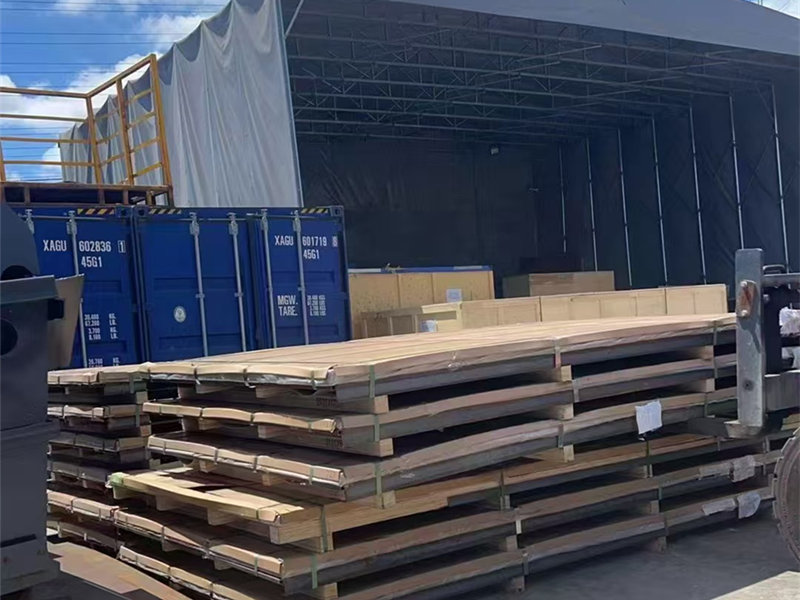
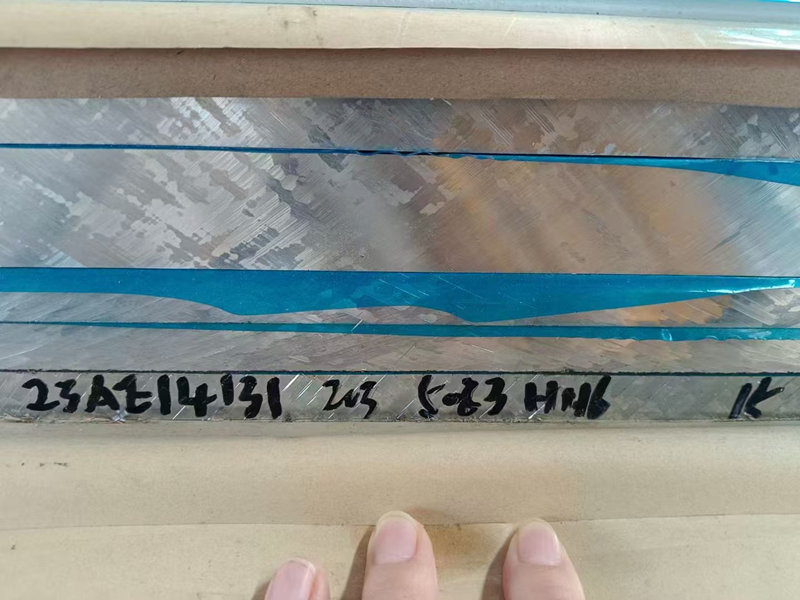
How to Choose the Right 5083 Aluminum Plate
- Determine Application Requirements
- Identify if the plate will be exposed to seawater or chemicals, as this will determine the best type of 5083 aluminum plate (H116 or H321) with enhanced corrosion resistance.
- Consider Thickness and Size
- Choose a thickness and size that matches the load-bearing or structural requirements of your project. For heavy-duty applications, a thicker plate may be preferable.
- Check Compatibility with Welding or Machining
- 5083 aluminum plates are highly weldable, but some tempers, like H116 and H321, perform better in welding applications.
- Evaluate Surface Treatments
- If the aluminum plate will be exposed to harsh conditions or needs a polished appearance, consider anodized options for added protection.
Conclusion
The variety of 5083 aluminum plate options ensures there is a type to meet every unique requirement, from marine applications to custom construction projects. By choosing the right type and specifications, you can ensure longevity, performance, and safety in your application. 5083 aluminum plate combines strength, corrosion resistance, and versatility, making it an ideal material for demanding environments. Explore your options today to find the right 5083 aluminum plate for your needs!

